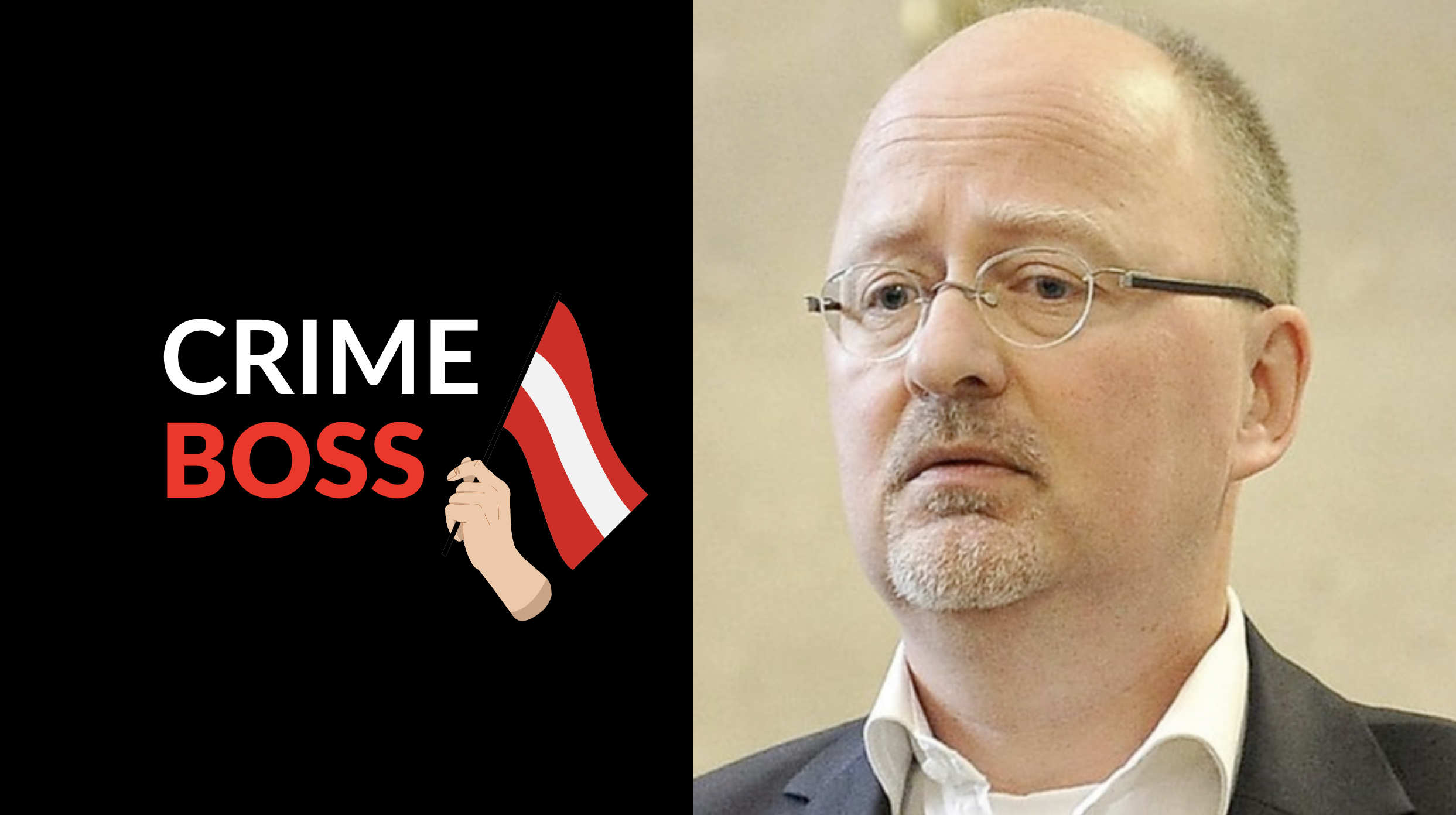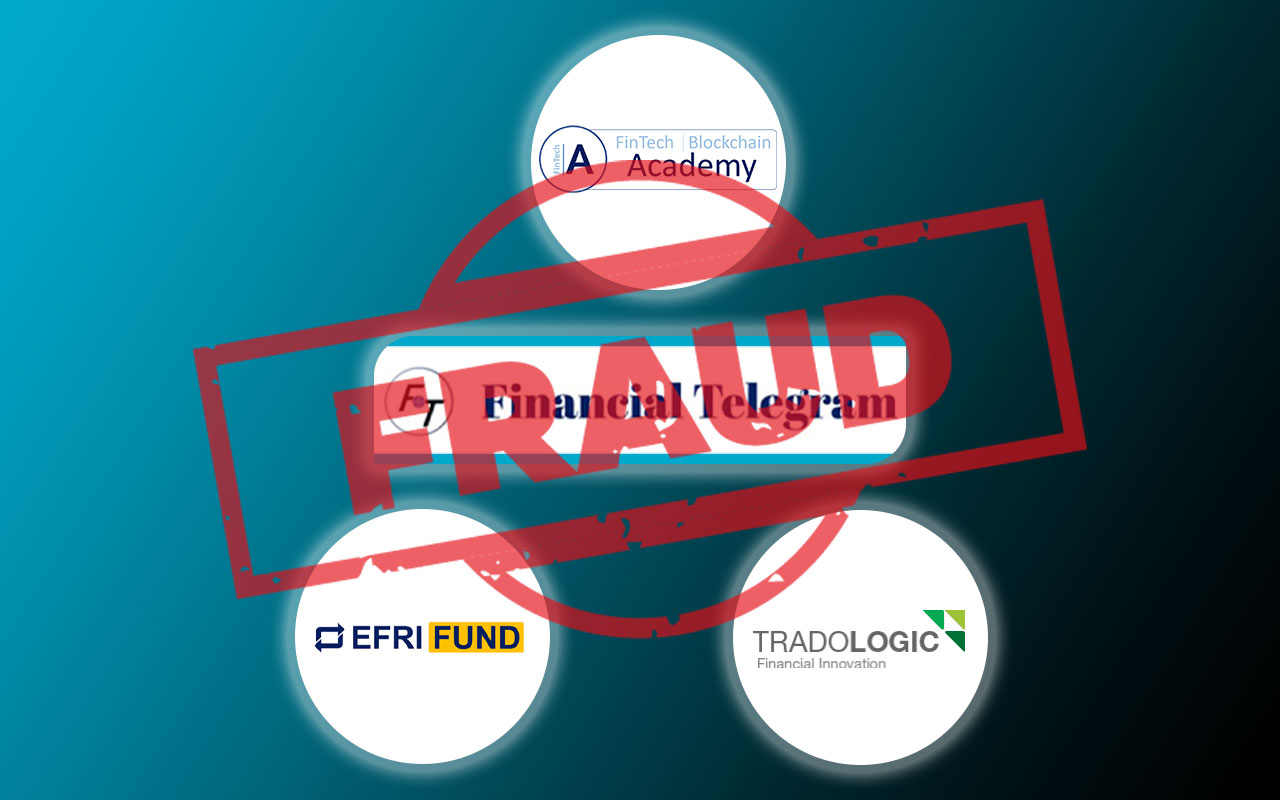
Werner Böhm: The Greatest Deceiver in Austrian History

Crowned by the parliament as “The Greatest Deceiver in the History of Austria,” Werner Böhm has carefully procured his title with years of chicanery that has, over time, escalated and branched into a complex pan-European fraud enterprise.
Of course, the key to any success story is support. Böhm could not have achieved what he has now without the help of his good friends and colleagues who perhaps were even willing to take a bullet for him.
More to this, documents from the parliament of Austria have been exclusively disclosed to financial investigations company, Finleaks, that reveals new links to the case as well as information on the other events that have transpired in the further backend.
From what it seems, there is more to the story than meets the eye. Böhm had taken every possible step to further his business and save his own skin, including dealings with officeholders and political figures.
Not Your Ordinary Business Man
You might wonder, who is Werner Böhm and why is he so famous? Werner Franz Boehm is an Austrian citizen, born in June 1964. He is the mastermind and founder of the companies Fintelegram and EFRI among others. One of his more notable brainchildren is Yline Internet Business Services AG, an Internet Service Provider (ISP), in cooperation with IBM Europe in 1999.
Although having lived a short life, YLine put the internet pioneer at the forefront of headlines. The downfall of YLine revealed disturbing facts about the real business that transpired within. Similar to the businesses that followed, Böhm used YLine to exploit investors and ‘artists’ alike.
A document from the Austrian parliament says, “The criminal proceedings that were initiated against him and lasted 14 years ruined his life in many areas.” It adds, “The prosecution stole many years of his life from the length of the proceedings.
During the procedure he had no chance in Austria to find work and inevitably had to relocate the center of his life, separated from his wife and children, abroad.”
Strangely, these 14 years did not seem to stop him from pursuing and even enlarging his trade. While we know that this particular case took a harsh toll on his life, Böhm continued his double-dealing practices.
Yline Milestones and Misfires
In the late 90’s, the adult entertainment industry started to boom on the internet just as the digital age had begun to take shape. Despite its unpleasant reputation, Böhm saw this as a prime opportunity for business. The Internet company was initially founded in 1998 as IT.Development.
It was later on in October 1999 that it was renamed to “YLine.” From November 1999, the company was then listed on the Easdaq Brussels Stock Exchange with hopes of becoming Austria’s largest online broker through the “Börse Star 2000” competition.
In its short life on the stock exchange, the share price went up and down. The YLine share had reached its record high in March 2000 at 278 euros. Shortly before bankruptcy in September 2001, the YLine share was only worth 60 cents. Although it was a good idea, it did not perform as expected.
WebLine was acquired by Yline as contributions in kind to try to turn the parent company’s decline—or so they say. To this end, a capital increase was carried out by 15,085 shares at a price of 100 euros each which later on resulted in over one million euros. The reason being that 74% of the stake acquired in the WebLine was valued far too high. Similarly, the subsidiary did not perform as expected.
When evaluating the WebLine by the business consultant Ernst & Young, “massive mispricing” occurred. According to the expert, the procedure was “completely contrary to the system, the calculations missed reality.” It was also later on discovered that the website WebLine used to render their Internet-Services GmbH was completely stripped.
When YLine faced its downfall, it dragged each of its stakeholders down with it. Those who invested their hard-earned pension to finance its subsidiary lost the entirety of their contribution. The artists, women who provided their service were never compensated as well.
After filing for bankruptcy by the Vienna-based Telecom Company, the unprecedented failure sparked a dispute between the two founding parties, Böhm and IBM, and sparked a series of investigations to track the fraudulent dealing that could have brought the giant company to its knees. But, what followed in the course of investigations crippled the credibility of the process.
In April 2004, the Austria office of the public prosecutor’s efforts to get at the bottom of the matters and get justice served was quickly thwarted after ten notebooks, which were critical evidence in Yline’s bankruptcy and fraud case, disappeared at the parking.

Connections: More Than Meets The Eye
There was no stopping Böhm. Even after years of drawback, the man continued to lengthen his criminal record. But how? Shouldn’t a man as atrocious as he be detained by now? Unfortunately, there is more to the story than meets the eye.
Corruption investigations in Austria are some of the most challenging jobs a public prosecutor can ever encounter. Corruption lords are known to use every possible tactic to get off corruption hooks by interfering with the independent legal systems through political pathways, bribery, perjury, and/or distortion of evidence.
But these tactics aren’t new. They have been used multiple times by rogue leaders to escape corruption charges. After the collapse of Yline, just two years after its founding, it drew many criticisms and blame games between the YLine founders.
The mysterious disappearance of the notebooks from the board became a substantial impediment in the prosecution and determination of the case, giving a leeway for the culpable people at the centre of investigations to swindle their way out.
Stealing crucial investigation documents is not just simple theatrics but a revelation of how influential political elites use a well-coordinated system within independent bodies and enforcement units to get away with grave crimes due to the missing evidence.
After all, the written evidence contained in ten books from Yline’s board members and other leading management was enough to indict Werner Boehm and his accomplices to the corruption charges.
While the outcome could have been obvious to an ordinary citizen, political classes and business cartels have a ring of protection from their godfathers and other dubious beneficiaries within the government and other independent institutions.
While a safe exit was prepared for him, that wasn’t the first time the political elites and wealthy cartels successfully done away with reliable evidence labeled against them.
The principle of making the evidence useless in suit determination to evade charges seems to be a perfect and hassle-free way high political classes use to impede investigations or render them less successful.
Similarly, Böhm’s team significantly jeopardized the investigations by making away with essential evidence from a police car shortly after the materials were confiscated.
Even though some crucial materials disappeared “mysteriously,” the prosecutor’s office denied a lack of reliable materials. Instead, the investigating prosecutor Georg Krakow extended the investigations to Liechtenstein, where he conducted numerous interrogations.
“We are trying to bundle the surveys and focus on a specific issue,” said Krakow.
Although the theft of evidence dealt the investigating committee a blow, the prosecutor was confident to use the available 700 folders to get to the bottom of the issues.
The prosecutor followed a hot lead to MPPeter Pilz’s Liechtenstein during the investigations, a private foundation Spinola the Green MP had started.
According to Pilz, the Liechtenstein Spinola may have been used to raise the money alleged to be from Yline loot. However, such possibilities are rare and not feasible in this case. Prosecutors got to Liechtenstein through WebLine, a subsidiary of Yline that seems to have been used to swindle millions of pounds from the Internet Company.
Pilz also revealed Joseph Pfleger, who was the depositor, bought the online porn company at 174,000 euros at the beginning of February 2004 and sold it to Yline at 1.5 million euros (almost five times the buying price) at the beginning of March.
This must have been the best business model in the world—a model that can multiply your investment nearly fivefold within a single month. At the time of Yline’s Bankruptcy, Boehm was the marketing manager and among the people interrogated by the investigating prosecutor.
Sources
- https://finleaks.online/2021/09/17/durchgesickerte-dokumente-des-osterreichischen-parlaments-enthalten-details-zum-fall-werner-bohm/
- https://finleaks.online/2021/09/26/gestohlene-beweise-im-korruptionsfall-yline-machen-den-weg-zur-justiz-undurchsichtiger-tater-werden-freigesprochen/
- https://www.tt.com/artikel/9517240/yline-prozess-gutachter-webline-war-weit-ueberbewertet
- https://www.derstandard.at/story/1397522147929/yline-auch-erotik-schiene-webline-blieb-erfolglos
- https://finleaks.online/2019/07/17/fintelegram-the-evil-brain-behind-the-operation/
- https://finleaks.online/2021/09/24/criminal-enterprise-serial-criminals-behind-werner-boehms-fintelegram/
- https://finleaks.online/2021/09/16/stolen-evidence-in-the-yline-corruption-case-made-the-path-to-justice-murkier-criminals-acquitted/


